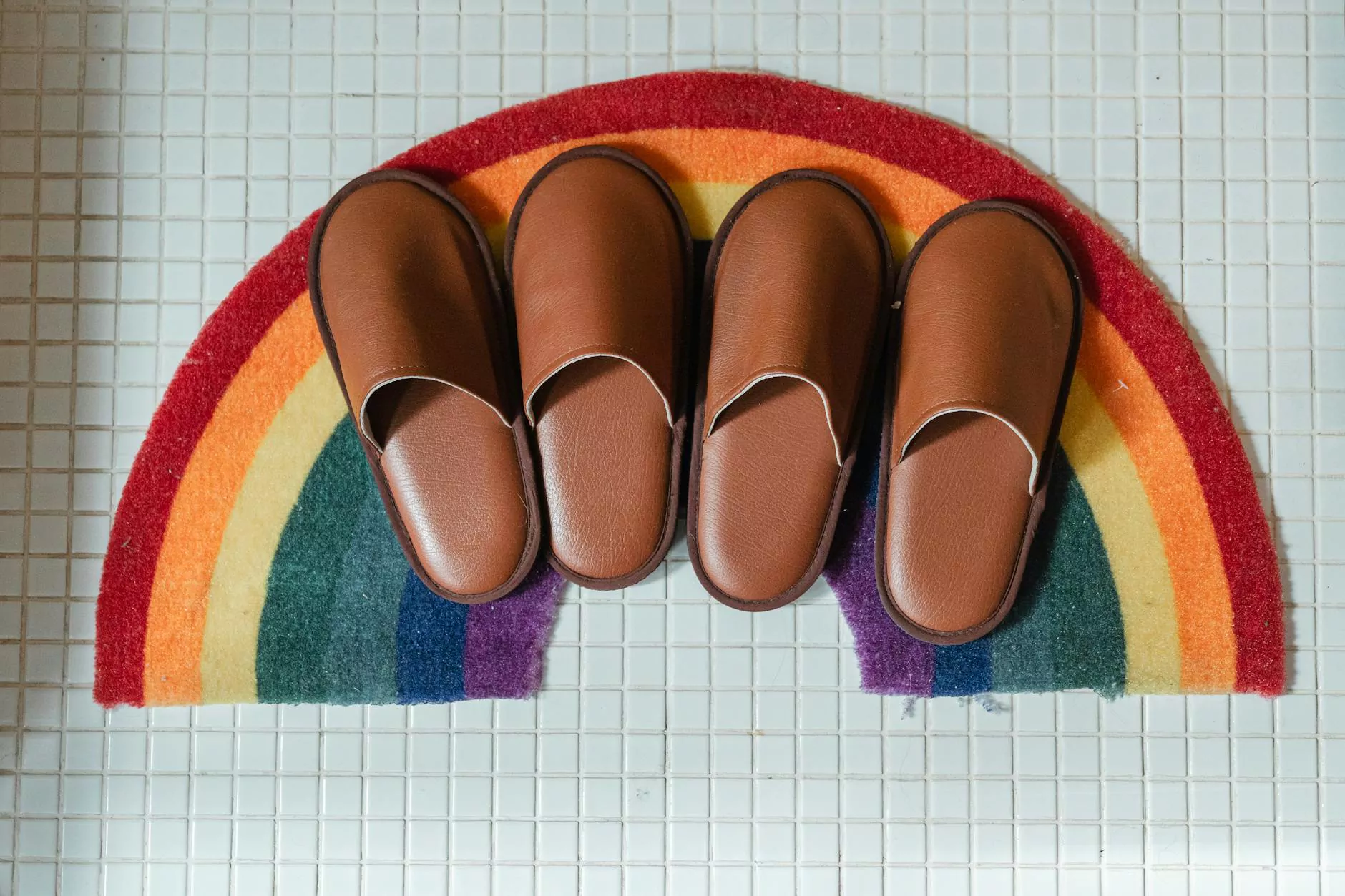The Disadvantages of Dental Crowns: A Comprehensive Insight

Dental crowns are a popular dental restoration option, used to protect and strengthen teeth that are significantly damaged or decayed. However, like any medical treatment, dental crowns come with their own set of disadvantages. In this article, we will explore the disadvantages of dental crowns, discussing the potential drawbacks, complications, and considerations you should keep in mind when considering this dental procedure.
What Are Dental Crowns?
Dental crowns are prosthetic devices that cover a damaged tooth, effectively restoring its shape, size, strength, and appearance. They are commonly made from various materials including metal, porcelain, or resin, and can be used for a variety of dental issues.
Common Uses of Dental Crowns
- To protect a weak tooth from fracturing.
- To restore an already broken tooth.
- To cover and support a tooth with a large filling.
- To hold a dental bridge in place.
- To cover misshaped or severely discolored teeth.
Disadvantages of Dental Crowns
Despite their benefits, it is essential to consider the disadvantages of dental crowns before moving forward with the procedure. Here are the key points to keep in mind:
1. Cost Considerations
One of the most significant drawbacks of dental crowns is their cost. Depending on the material used and the complexity of the case, dental crowns can range from a few hundred to over a thousand dollars per crown. Most dental insurance plans may cover part of the expense, but patients should be prepared for a significant out-of-pocket cost. This financial aspect can deter many individuals from pursuing necessary dental work.
2. Potential for Sensitivity
After the placement of a dental crown, some patients may experience tooth sensitivity. This can result from the alteration of the tooth structure during the crown preparation process. The sensitivity can be temporary, but for some individuals, it may persist and lead to discomfort when consuming hot or cold foods.
3. Risk of Damage
Dental crowns are durable, but they are not indestructible. A crown can chip or fracture due to excessive force or pressure, especially in cases where the patient has a grinding habit (bruxism). Damage to the crown may require it to be replaced, leading to additional costs and treatment time.
4. Requirement for Tooth Alteration
To properly fit a crown, the dentist often needs to remove a significant amount of the natural tooth structure. This alteration can be a concern for many patients as it involves compromising the integrity of their natural teeth. Once a tooth is prepared for a crown, it is challenging to revert to its original state.
5. Aesthetic Limitations
While crowns can be made to match the appearance of natural teeth, there may be limitations in achieving the perfect color match, especially with certain materials like metal crowns. Furthermore, over time, porcelain crowns can become stained, which may detract from their aesthetic appeal.
6. Need for Replacement Over Time
Dental crowns are not permanent. On average, they last between 5 to 15 years, after which they may need replacement due to wear, damage, or decay at the margins. This necessitates future dental visits and recurrent expenses, which may not be anticipated by patients originally.
7. Invasive Procedure
The process of getting a dental crown typically involves at least two visits to the dentist. During the first visit, the tooth will be prepared, impressions taken, and a temporary crown fitted. The second visit is required for the placement of the permanent crown. This process may be inconvenient for some patients who are unable to take time off from work or other obligations.
8. Allergic Reactions
Some people may be allergic to the materials used in dental crowns. For instance, metal crowns can contain nickel, which is a common allergen. Allergic reactions can lead to complications such as inflammation and discomfort, which can further complicate dental treatment.
9. Difficulty in Removal
If a crown needs to be removed due to complications or changing dental circumstances, the process can be difficult. The removal may involve additional procedures that can cause further inconvenience and cost to the patient.
Alternatives to Dental Crowns
If the disadvantages of dental crowns outweigh their benefits for your specific situation, there are several alternatives to consider:
1. Dental Fillings
For less extensive damage, dental fillings can be a suitable option. They are less invasive and typically less expensive than crowns. Fillings are ideal for cavities and minor repairs.
2. Veneers
For cosmetic concerns, veneers can be an excellent alternative. These are thin shells placed over the front of the teeth to improve appearance without altering the tooth structure significantly.
3. Inlays and Onlays
Inlays and onlays are also less invasive than crowns and can effectively restore and reinforce teeth that are damaged but not severely compromised.
4. Root Canals
In cases of severe decay or damage leading to tooth infection, a root canal may be necessary. After the procedure, a crown may still be needed, but it is essential to understand the treatment options beforehand.
5. Extraction
If a tooth is beyond repair, tooth extraction may be the best option. While this has its own set of disadvantages (such as potential shifting of remaining teeth), it may be necessary in certain situations.
Conclusion
While dental crowns can provide significant benefits in restoring damaged teeth, understanding the disadvantages of dental crowns is crucial for making informed decisions about your dental health. Patients should discuss their options thoroughly with their dentist, weighing the pros and cons of each treatment to determine the best approach for their individual needs.
At WupDoc, we aim to provide comprehensive healthcare guidance, helping you navigate the complexities of dental care and making choices that keep your smile healthy and bright.
Frequently Asked Questions
What is the average lifespan of a dental crown?
The average lifespan of a dental crown varies but typically ranges from 5 to 15 years, depending on material choice and oral hygiene practices.
Are there any specific care instructions for dental crowns?
Yes, proper dental hygiene, including regular brushing, flossing, and routine dental check-ups, is crucial in maintaining the longevity of crowns.
Can I still get a cavity under a dental crown?
Yes, it is possible to develop decay or issues around the margins of the crown if proper oral hygiene is not maintained.









